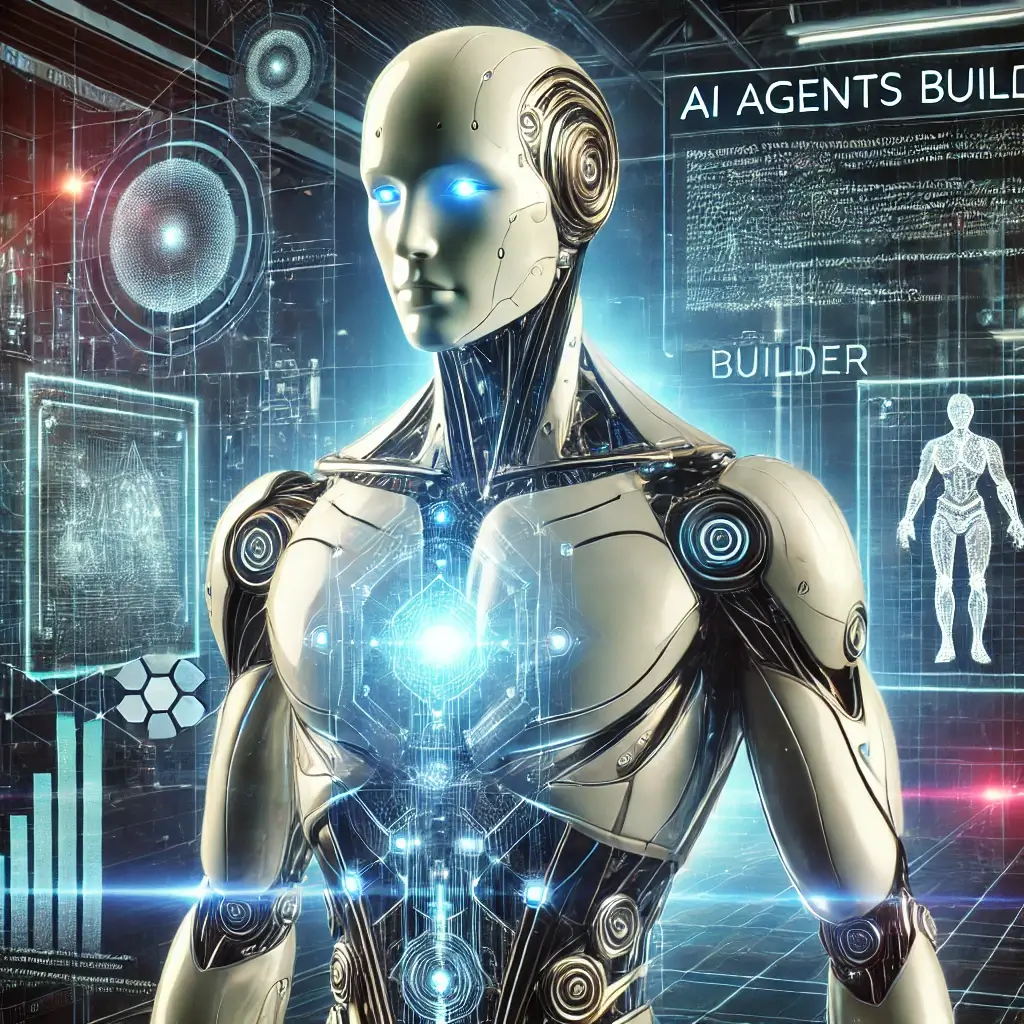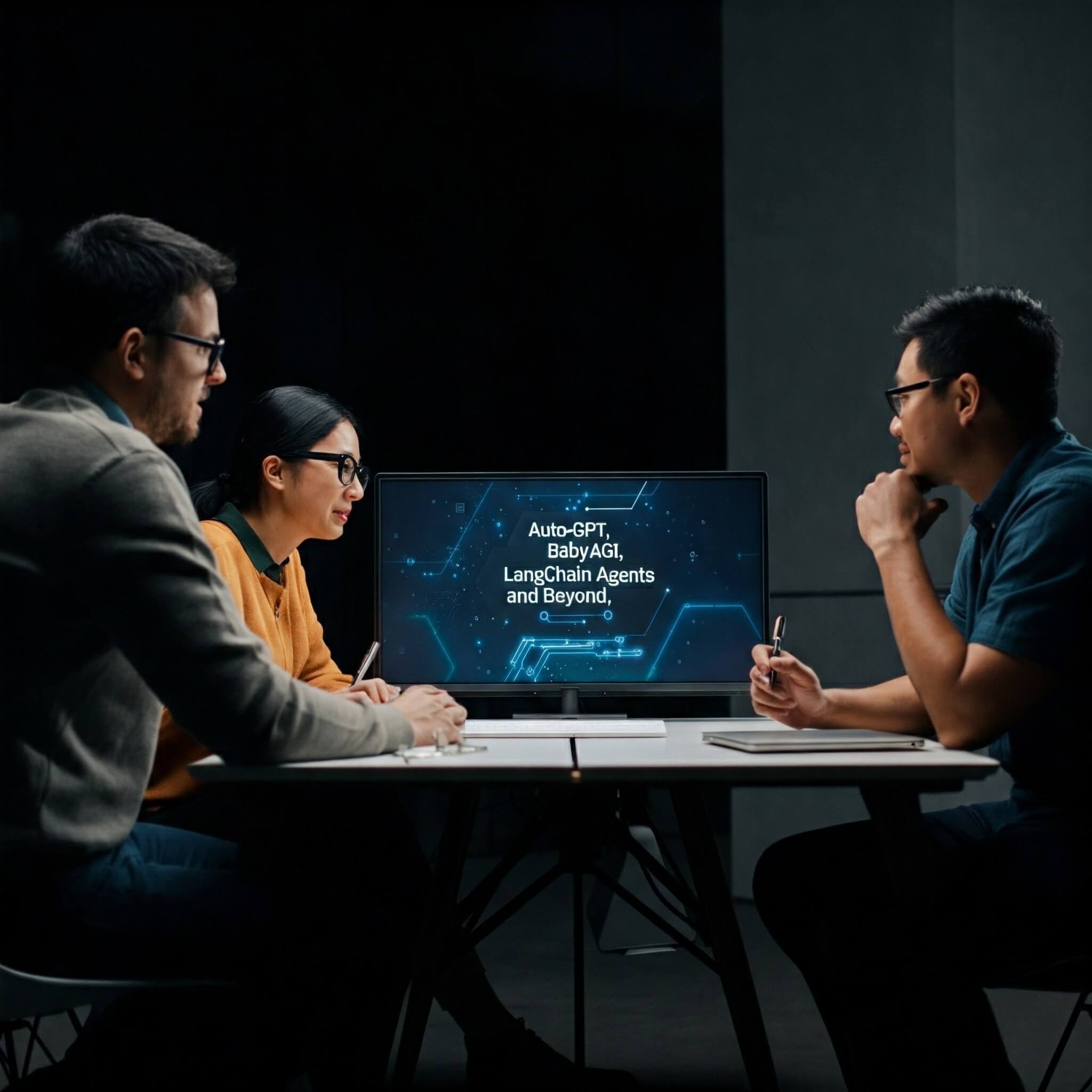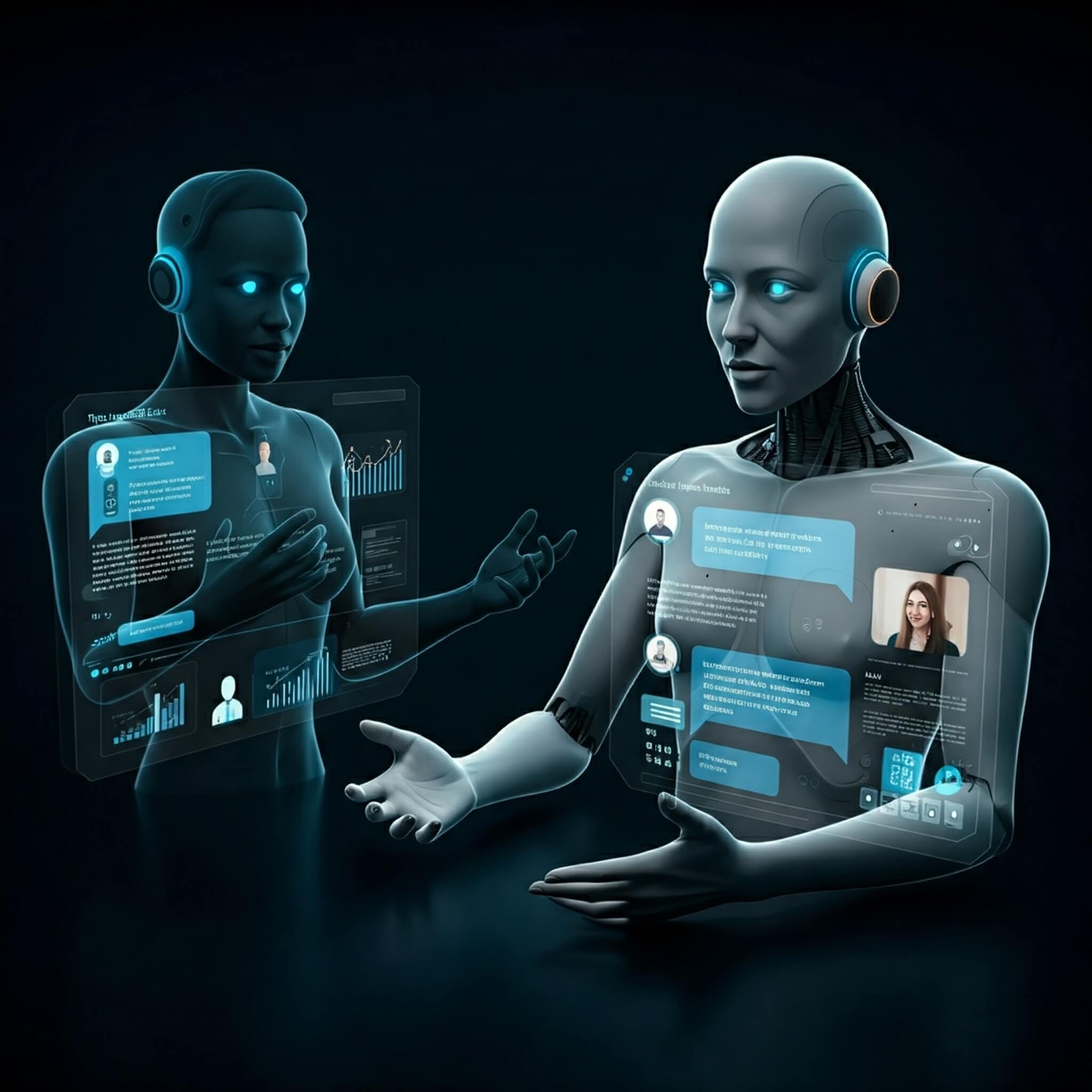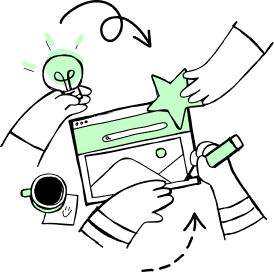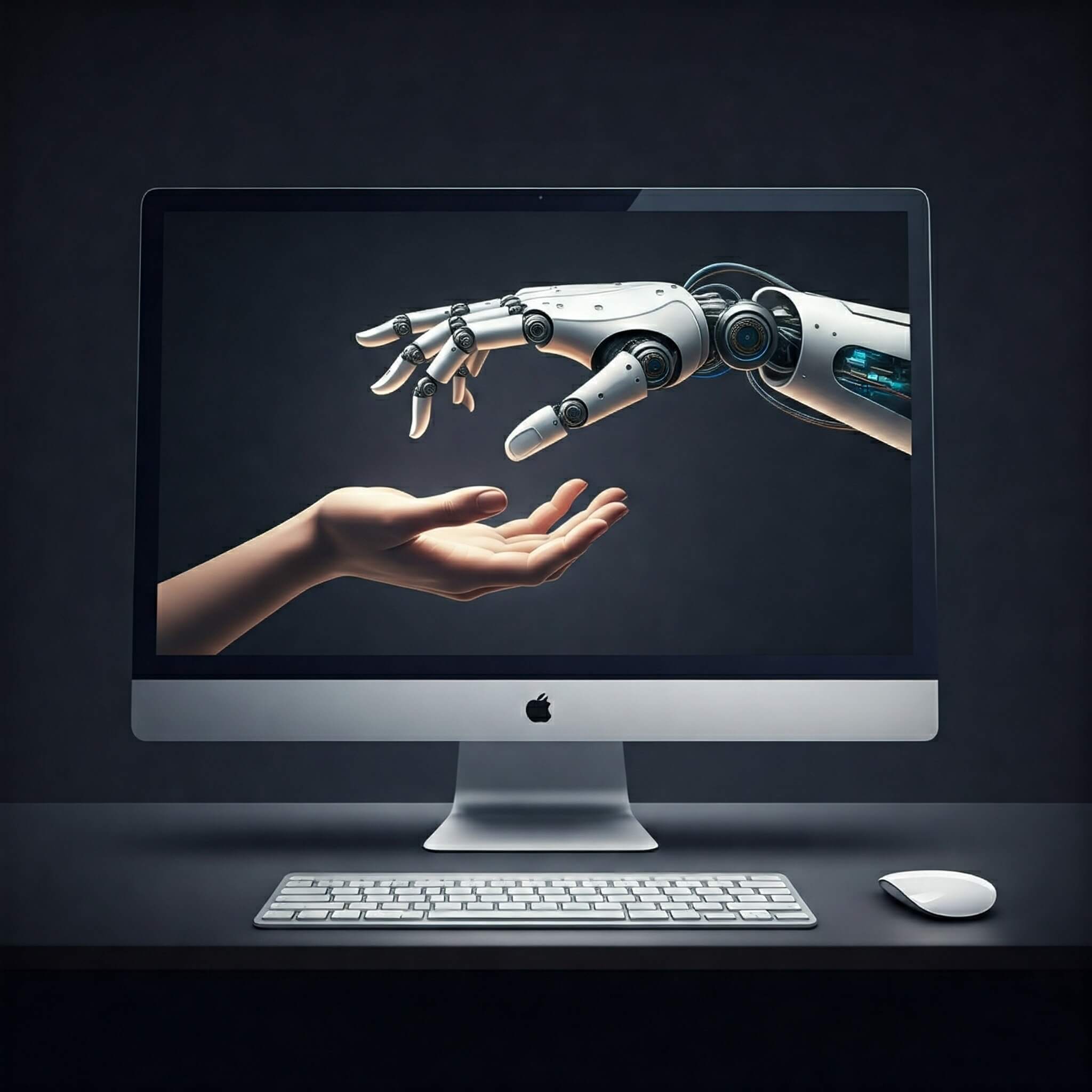
If you’ve been following AI developments lately, you’ve probably come across two buzzwords that keep popping up: AI Agents and Agentic AI. While they might sound similar, they’re actually quite different beasts. Let’s break down what makes each unique and why it matters for the future of technology.
The Basics: What Are We Talking About?
Agentic AI: The Independent Thinker
Think of Agentic AI as the more sophisticated cousin in the AI family. It’s like having a virtual assistant that can actually think for itself. What makes it special? It operates in four key stages:
- First, it observes what’s happening around it, collecting data from various sources and sensors
- Then, it processes this information to understand the situation, just like how we analyze things before making decisions
- Next, it decides what to do based on its understanding and goals
- Finally, it learns from the outcomes, continuously improving its performance
The cool thing about Agentic AI is that it can handle complex situations and adapt to new challenges without someone holding its hand every step of the way. It’s this ability to learn and evolve that makes it particularly exciting for solving complex problems.
AI Agents: The Task Masters
AI Agents are more like your reliable personal helpers. They’re great at doing specific jobs – think of them as the specialists of the AI world. Need your emails sorted? Calendar organized? Questions answered? AI Agents are your go-to solution. They’re excellent at what they do, but they stick to their lane and don’t venture into making complex decisions on their own.
What makes AI Agents particularly useful is their ability to excel at specialized tasks. While they might not have the broad decision-making capabilities of Agentic AI, their focused expertise makes them incredibly efficient at handling routine operations and specific problems.
Real-World Examples That’ll Make You Go “Aha!”
Where You’ll Find Agentic AI
- Self-Driving Cars: Ever wondered how Tesla’s cars keep getting better at driving? That’s Agentic AI at work. They’re constantly learning from every trip, getting smarter about handling different road situations. What’s fascinating is how they can adapt to new scenarios they haven’t explicitly been programmed for – like adjusting to unusual weather conditions or unexpected road work.
- Warehouse Robots: Amazon’s warehouse robots are pretty impressive. They figure out the best ways to move around and handle packages, adapting to changes in their environment like real pros. These robots can reroute themselves when they encounter obstacles, work together to optimize picking paths, and even predict maintenance needs before problems occur.
- Healthcare Heroes: In hospitals, Agentic AI is helping doctors make better decisions by analyzing tons of medical data and spotting patterns humans might miss. For example, some systems can now predict patient complications hours before they occur, giving medical staff crucial time to intervene.
- Financial Markets: Agentic AI is revolutionizing trading by analyzing market trends, news, and social media sentiment in real-time. These systems can adjust their strategies based on changing market conditions, something traditional automated trading systems couldn’t do.
Where AI Agents Shine
- Customer Service: Those helpful chatbots that answer your questions? Classic AI Agents. They’re great at handling common questions and making sure you get the help you need. Modern AI Agents can now handle multiple languages, understand context better, and even detect customer emotions to provide more appropriate responses.
- Your Phone’s Assistant: Siri or Google Assistant? Yep, those are AI Agents. They’re fantastic at simple tasks like setting reminders or telling you the weather. What’s impressive is how they’ve evolved to handle more complex requests while still maintaining their reliability for basic tasks.
- Email Helpers: Gmail’s Smart Compose, which helps you write emails faster? Another AI Agent making your life easier. These systems have become surprisingly good at matching your writing style and suggesting relevant responses based on your email history.
- Code Assistance: Tools like GitHub Copilot represent a new generation of AI Agents that can suggest code completions and help developers write better code faster. While they don’t make complex architectural decisions, they excel at helping with routine coding tasks and documentation.
Looking to the Future: What’s Next?
The exciting part is that we’re just scratching the surface. As these technologies evolve, we’re seeing some fascinating possibilities:
The Good Stuff
- Industries are becoming more efficient through automation and smarter decision-making
- Decision-making is getting smarter with AI systems that can process vast amounts of data
- Services are becoming more personalized, adapting to individual preferences and needs
- New jobs are emerging in AI development, maintenance, and oversight
- Productivity is increasing as routine tasks get automated
The Things We Need to Watch Out For
- Job market changes (though new opportunities are emerging too)
- Questions about who’s responsible when AI makes mistakes
- Privacy concerns (because these systems handle a lot of personal data)
- The need for better AI governance and ethical frameworks
- The challenge of maintaining human oversight over increasingly autonomous systems
Why This Matters More Than Ever
As we move further into the digital age, understanding the distinction between AI Agents and Agentic AI becomes crucial. These technologies aren’t just changing how businesses operate – they’re reshaping entire industries and creating new possibilities we hadn’t imagined before.
For businesses, knowing when to deploy AI Agents versus Agentic AI can mean the difference between success and failure. AI Agents are perfect for optimizing specific processes and handling routine tasks, while Agentic AI can tackle complex problems that require adaptive learning and decision-making.
For individuals, these technologies are becoming increasingly present in our daily lives. From how we work to how we interact with services, AI is making things more efficient and personalized. Understanding these technologies helps us make better decisions about which tools to use and how to use them effectively.
The future might see these technologies blend together in exciting ways. Imagine AI Agents that can learn and adapt like Agentic AI – the possibilities are endless! As these systems continue to evolve, they’ll likely find new ways to complement each other, creating even more powerful solutions for tomorrow’s challenges.

